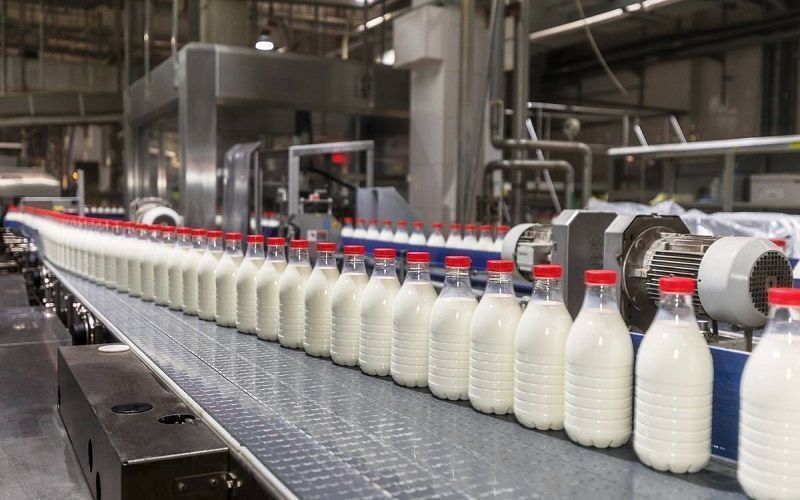Uruguayan Dairies: The Future After Calcar's Closure
Source: dairynews.today
Nofrog seeks to revive the Uruguayan dairy brand Calcar after its recent closure, seeing potential for growth in the industry despite challenges.

A local distributor, Nofrog, is taking steps to rejuvenate Calcar, a prominent Uruguayan dairy company, following its closure nearly two months ago. The company's director, Marcel Dubois, emphasized interest in acquiring Calcar's plant located in Tarariras, Colonia.
According to Dubois, despite the tumultuous closure, there remains significant opportunity for sustainable growth within the industry. He revealed that negotiations have been made to secure commercial agreements essential for the delivery of raw materials to the plant, signaling potential renewed operations.
Altrac, the association representing the labor force at Calcar, has expressed optimism, stating in a communication accessed by El País that "Calcar-branded fresh milk will return to shelves and homes," made possible by agreements with local producers. This plan aims to enhance the plant's market value prior to its auction. Dubois highlighted the importance of maintaining an operational unit to improve valuation, indicating that employees could potentially manage the business alongside Nofrog. He noted the need to wait for official guidelines before considering acquiring Calcar's liabilities but expressed confidence in their ability to proceed, citing the stability and growth seen within Uruguay's dairy transportation sector.
Despite the setback, Dubois remains optimistic about future prospects, acknowledging the successful operation of dairy entities that focus heavily on exports. He pointed to Conaprole as a leader in the market, affecting approximately 70% of the industry. The entry of foreign investors, such as the French group Lactalis, further expands market opportunities, according to Dubois.
According to Dubois, despite the tumultuous closure, there remains significant opportunity for sustainable growth within the industry. He revealed that negotiations have been made to secure commercial agreements essential for the delivery of raw materials to the plant, signaling potential renewed operations.
Altrac, the association representing the labor force at Calcar, has expressed optimism, stating in a communication accessed by El País that "Calcar-branded fresh milk will return to shelves and homes," made possible by agreements with local producers. This plan aims to enhance the plant's market value prior to its auction. Dubois highlighted the importance of maintaining an operational unit to improve valuation, indicating that employees could potentially manage the business alongside Nofrog. He noted the need to wait for official guidelines before considering acquiring Calcar's liabilities but expressed confidence in their ability to proceed, citing the stability and growth seen within Uruguay's dairy transportation sector.
Despite the setback, Dubois remains optimistic about future prospects, acknowledging the successful operation of dairy entities that focus heavily on exports. He pointed to Conaprole as a leader in the market, affecting approximately 70% of the industry. The entry of foreign investors, such as the French group Lactalis, further expands market opportunities, according to Dubois.
Key News of the Week










